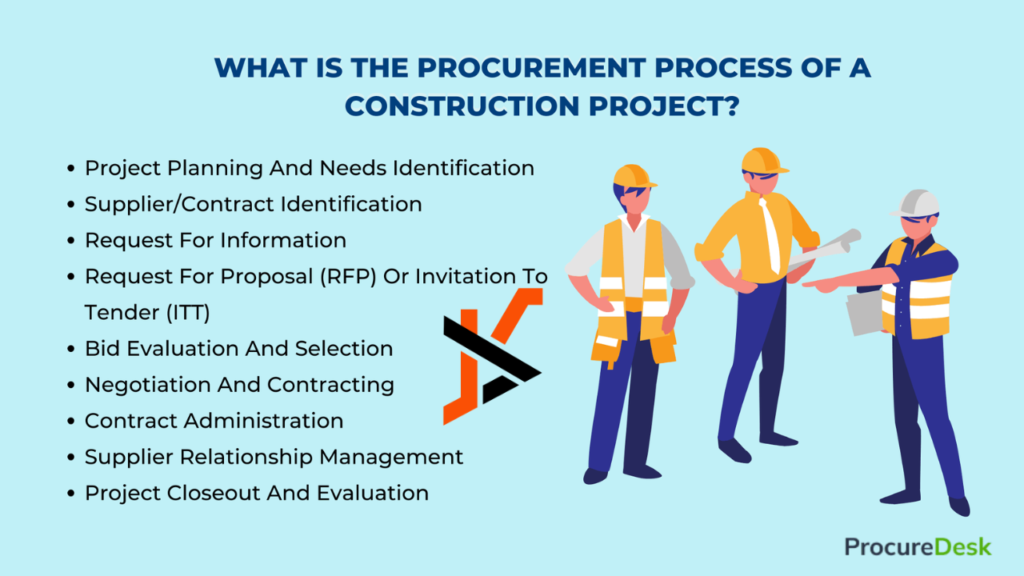Aggregate is a vital resource for construction firms of every shape and size. Sourcing this material from reliable suppliers is therefore critical. If you want to minimise your spending and make your operation as profitable as possible, then there are a number of strategies you might consider.
Leverage Bulk Purchasing and Group Procurement
The more aggregate you can buy in one go, the cheaper it will be on a per-unit basis. But you’ll need to balance any potential savings against the warehousing costs. After all, if you’re buying more aggregate than you need, you’ll need a place to store it.
In many cases, it’s possible for even smaller firms to cut costs through group purchase organisations. These groups allow several businesses to pool their resources, and enjoy the benefits of bulk buying without the drawbacks.
Utilise Recycled and On-Site Materials
Often, it’s cheaper to use recycled aggregates. After all, since we’re talking about tiny pieces of stone, it’s often possible to obtain this material without extracting more stone from the ground. Incorporating recycled building aggregate not only reduces costs but also supports sustainable construction practices.
Engage a Quantity Surveyor for Efficient Procurement
Ideally, you’ll procure exactly as much raw material as you need. But getting the quantities right can be difficult. Order too much, and you’ll have waste that you need to store, or sell for a loss. Order too little, and you might delay the entire project.
This is where a quantity surveyor comes in. This professional will help you to identify the right materials, and compare quotes from multiple sources, so that you ultimately benefit from the cheapest possible deal. While quantity surveyors will charge a fee for their services, this cost is often justified by the considerable savings that their services can enable.
Optimise Supply Chain Management
Keeping your business profitable doesn’t mean just finding the cheapest available materials. It means identifying the suppliers that you can rely on. These businesses will respond better to supply chain disruptions, and they’ll give you advance notice of when disruption is expected. They’ll also offer you after-purchase support, which might provide additional value.
You might find it difficult to be sure of the quality of your supplier from the outset. As such, it’s worth keeping your options open. When a supplier is found wanting, you might pivot to another one.

